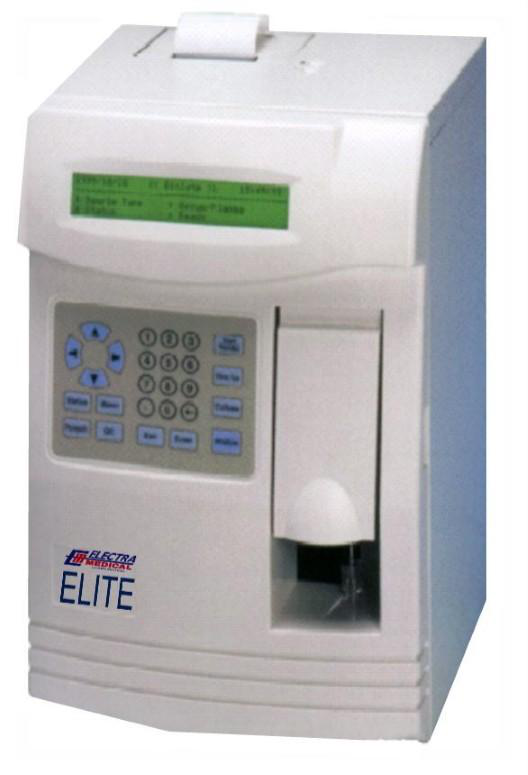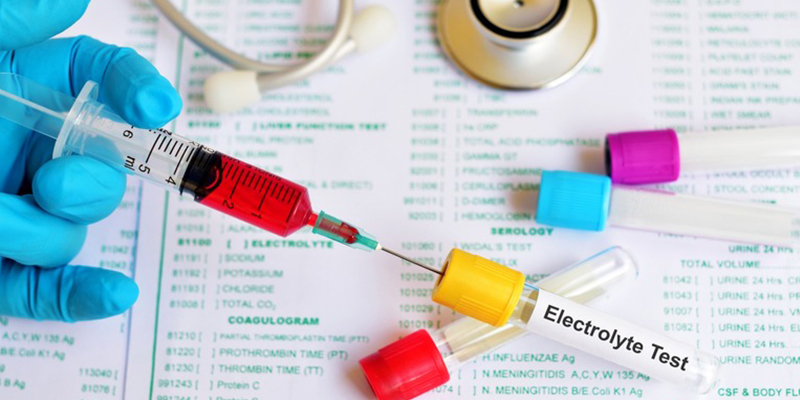Electrolytes are naturally occurring elements and compounds in the body that carry electrical charge. They are responsible for regulating various physiological functions.
Electrolytes present in the human body are,
- Sodium
- Potassium
- Calcium
- Chloride
- Bi-carbonates
- Magnesium
- Phosphorus
The electrolytes are present in the blood and various bodily fluids. Dietary supplements, food and water are rich in electrolytes, they are absorbed and assimilated into the bloodstreams via intestines.
Electrolyte levels in the body should be maintained for normal physiological functioning. Imbalance occurs when there is an increase or decrease in the electrolyte level. Severe electrolyte imbalances can cause serious problems like coma, seizures and cardiac arrest.
Symptoms of electrolyte imbalance
Mild electrolyte disturbances may not show any symptoms and may not be noticed until disclosed during a routine blood test. Symptoms of electrolyte imbalance occur only when there are severe abnormalities. The imbalances can become life-threatening if left untreated.
Common symptoms of an electrolyte imbalance are,
Gastrointestinal Tract:
- Nausea
- Emesis
- Diarrhoea / Constipation
- Abdominal Cramps
Cardiac Disorders:
- Arrhythmia (Irregular Heartbeat)
- Tachycardia (Fast Heartbeat)
- Cardiac arrest
Nervous System:
- Convulsions or seizures
- Confusion
- Numbness and tingling sensation
- Irritability
General Symptoms:
- Muscle cramps
- Muscular weakness
- Fatigue
- Headaches
- Burning micturition
Causes of electrolyte imbalance
Electrolyte imbalances are mainly due to loss of body fluids by continuous vomiting, diarrhea, heavy perspiration, burns or severe trauma.
Diagnosing electrolyte imbalance
Electrolyte imbalance can be determined by simple blood tests. A Renal function test is an equally important study for electrolyte imbalance. Certain evidences like loss of elasticity in the skin, brittleness of hair due to significant dehydration, slow reflexes, irregular heartbeat, irregular heart rhythm or ECG changes caused by electrolytes can also point towards the imbalances.
Treating electrolyte imbalance
Treatment varies depending on the type of electrolyte and the underlying pathological condition. In general, to normalize electrolyte imbalance, certain treatments can be done.
- Administration of IV fluids
- IV Medications
- Oral medications & Supplements
- Hemodialysis
ELITE – Your Reliable Lab Partner
- Sodium, Potassium, Chloride / Lithium
- Results in 49 seconds with fast turnaround time
- Error free analysis assured with unique air detector
- Automatic or on demand calibration
- Wider sample type with Serum, Whole blood, Plasma, CSF and Urine
- Modular chip controlled reagent management software.

CLINREACT – Calcium & Phosphorous Kit


